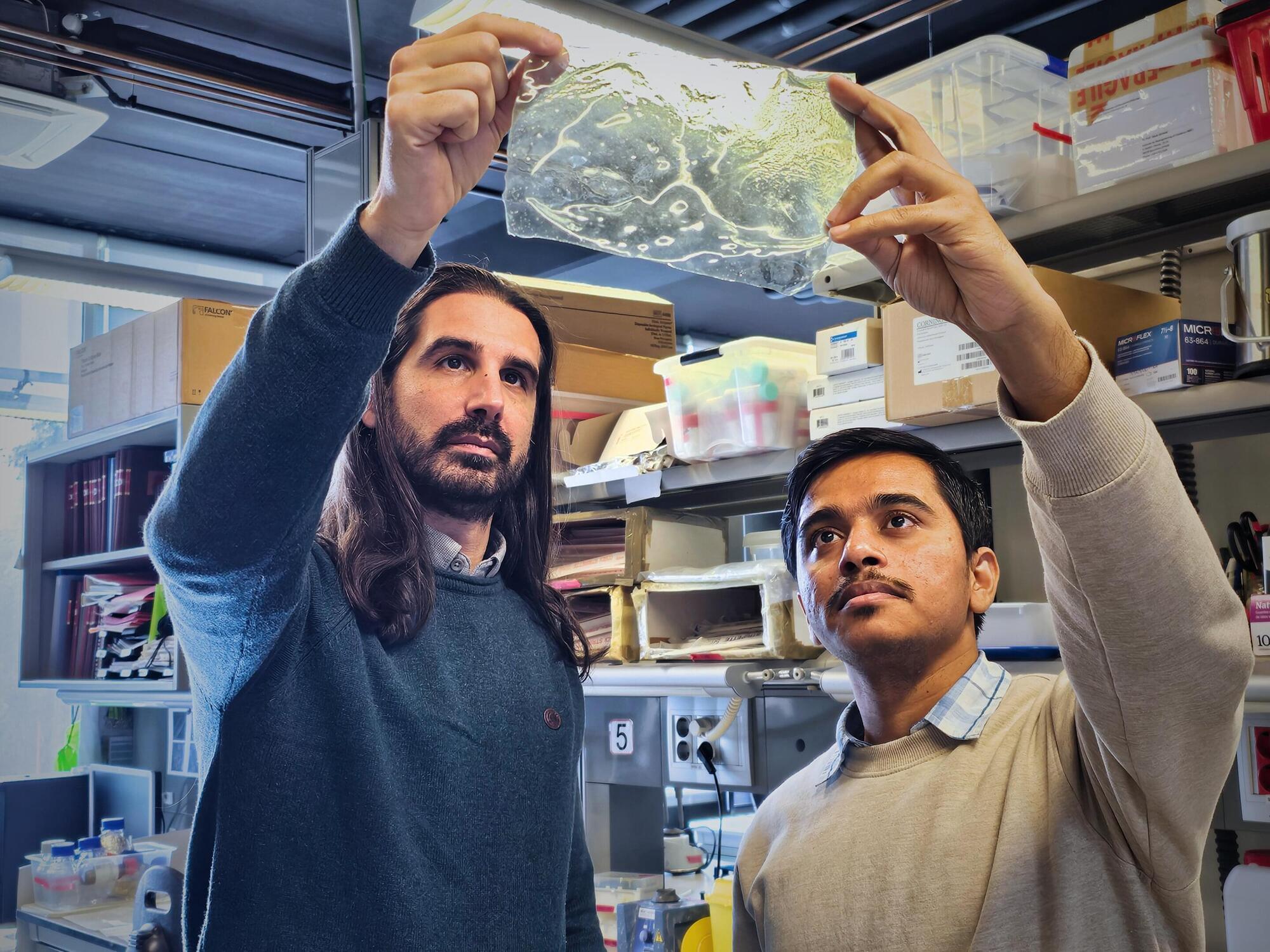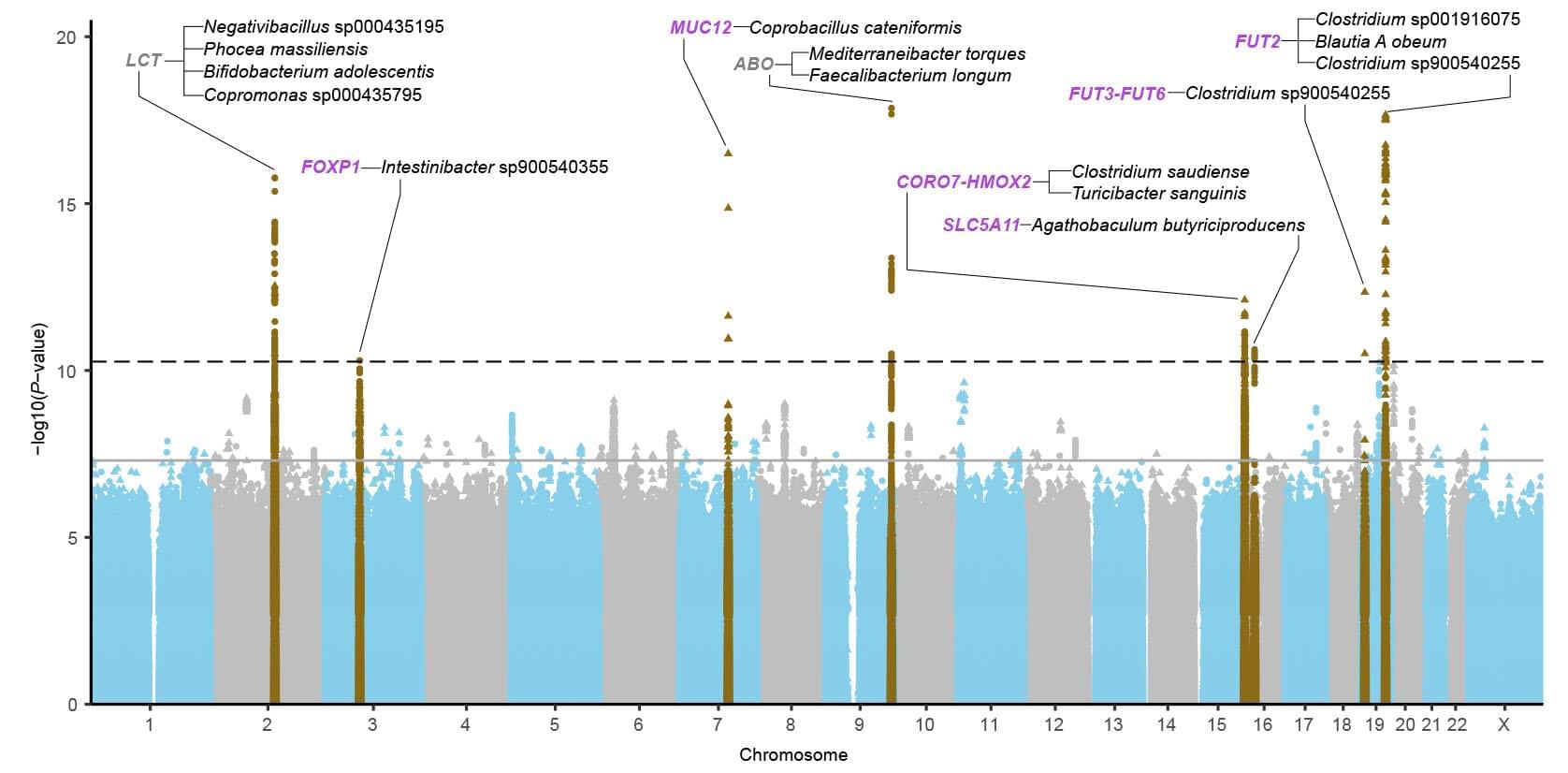A research team led by the U.S. National Science Foundation National Center for Atmospheric Research (NSF NCAR) has published a foundational inventory of emissions produced by structures destroyed by fires in the wildland-urban interface (WUI). Previously, researchers suspected that fires in WUI areas—spaces where human development and undeveloped wildland meet—produce emissions that are likely more harmful than those produced by forest or grass fires. However, the amount of emissions had not been quantified.
This new study, published in Nature Communications, provides the first inventory of emissions from structure fires in WUI areas. The results definitively reveal structure fires as a major source of air pollution.
WUI fires are becoming increasingly more common in the U.S. and have destroyed more than 100,000 homes since 2005. Because these events are intensely concentrated both in time and space, they can produce exceptionally high local pollution, which has important implications for the air quality and public health of nearby urban areas.







